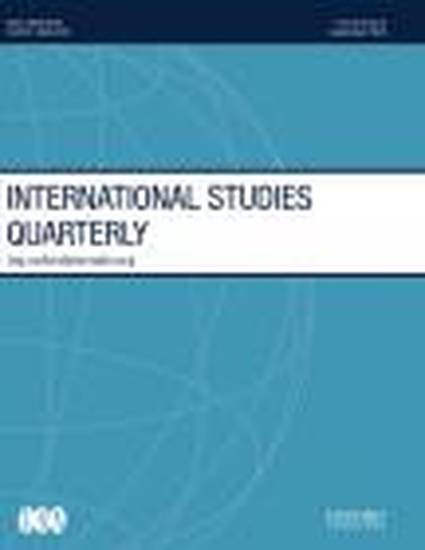
International relations scholars have previously argued that states facing budget constraints will join alliances to free resources for domestic spending. In this paper, we focus on the primary mechanism by which leaders have relaxed this constraint: sovereign borrowing. Sovereign debt enables states to maintain stable tax rates while increasing expenditures to confront budgetary emergencies. Affordable access to credit, then, serves as both a source of power and an important buffer between security and the political consequences of fiscal policy. States that lack the confidence of investors must make tough choices between continued security and their electoral fortunes. We suggest that as governments lack access to affordable credit, they will substitute military capacity with alliance formation. Alliances provide a means for leaders to offset the loss of flexibility from diminished access to credit without disturbing the domestic political economy. Using previous models of alliance formation as a guide, our empirical evidence indicates that states that have a hard time borrowing are more likely to form an alliance than those states with affordable access to credit markets.
Available at: http://works.bepress.com/michael_aallen/6/
